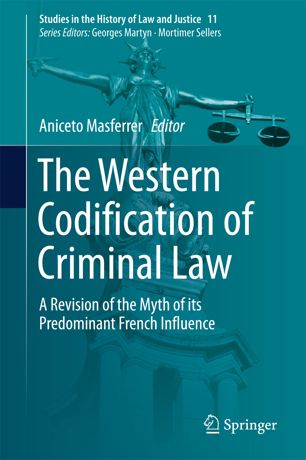

Most ebook files are in PDF format, so you can easily read them using various software such as Foxit Reader or directly on the Google Chrome browser.
Some ebook files are released by publishers in other formats such as .awz, .mobi, .epub, .fb2, etc. You may need to install specific software to read these formats on mobile/PC, such as Calibre.
Please read the tutorial at this link: https://ebookbell.com/faq
We offer FREE conversion to the popular formats you request; however, this may take some time. Therefore, right after payment, please email us, and we will try to provide the service as quickly as possible.
For some exceptional file formats or broken links (if any), please refrain from opening any disputes. Instead, email us first, and we will try to assist within a maximum of 6 hours.
EbookBell Team

4.4
42 reviewsThis volume addresses an important historiographical gap by assessing the respective contributions of tradition and foreign influences to the 19th century codification of criminal law. More specifically, it focuses on the extent of French influence – among others – in European and American civil law jurisdictions. In this regard, the book seeks to dispel a number of myths concerning the French model’s actual influence on European and Latin American criminal codes.
The impact of the Napoleonic criminal code on other jurisdictions was real, but the scope and extent of its influence were significantly less than has sometimes been claimed. The overemphasis on French influence on other civil law jurisdictions is partly due to a fundamental assumption that modern criminal codes constituted a break with the past. The question as to whether they truly broke with the past or were merely a degree of reform touches on a difficult issue, namely, the dichotomy between tradition and foreign influences in the codification of criminal law. Scholarship has unfairly ignored this important subject, an oversight that this book remedies.